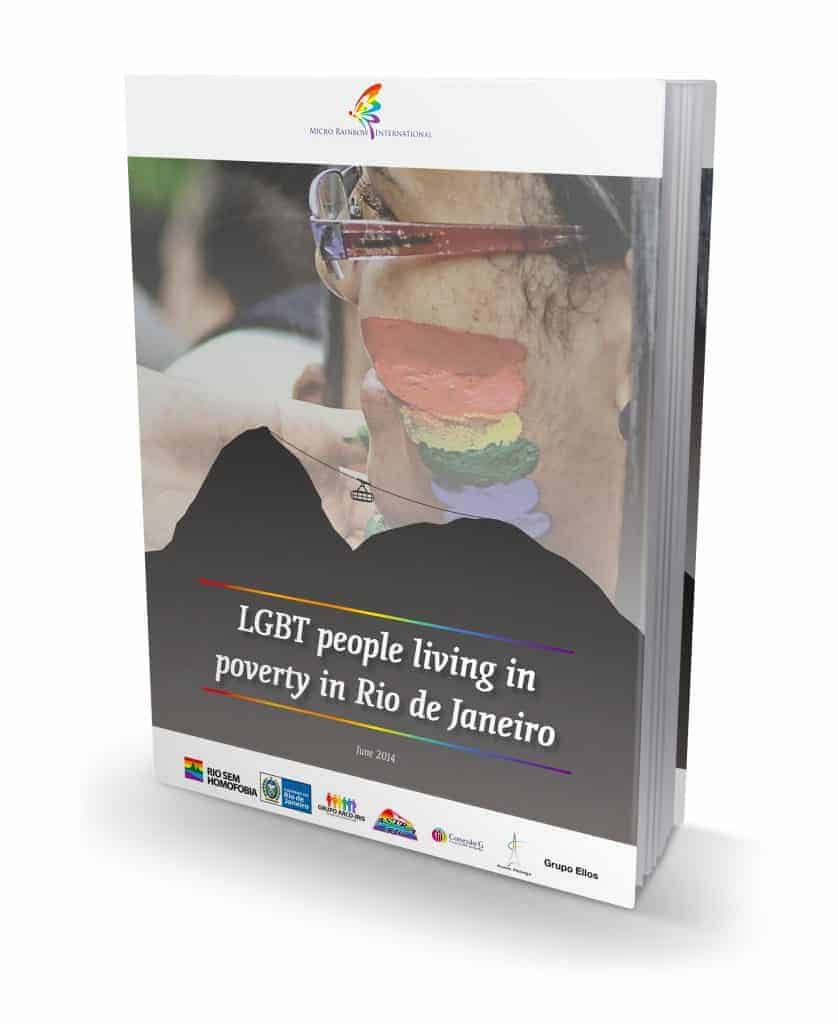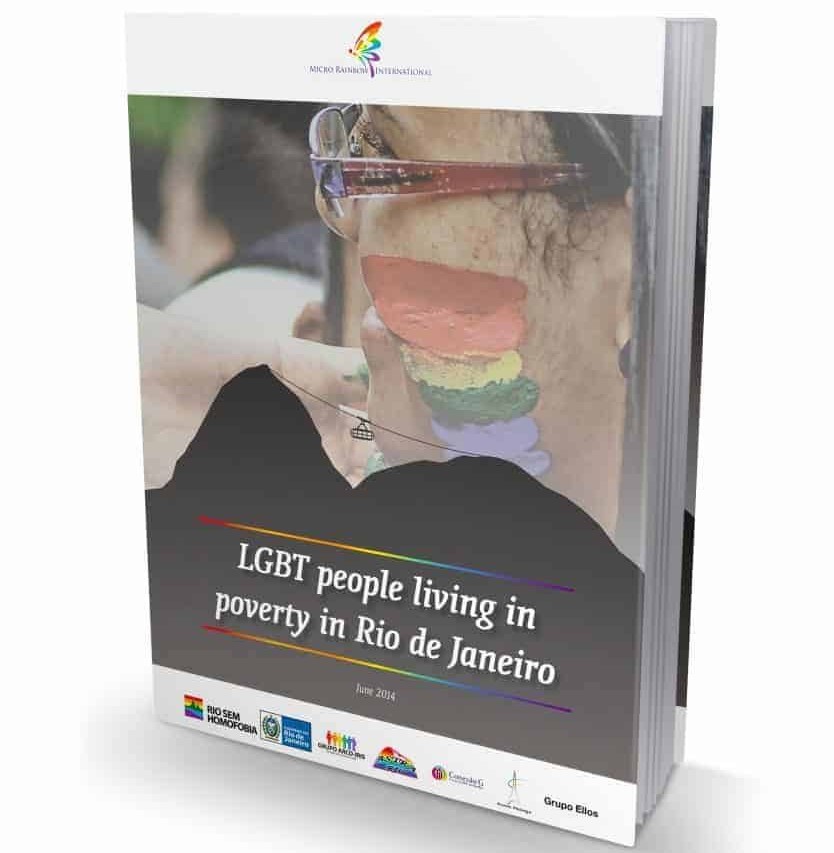Micro Rainbow is happy to launch its new report entitled “LGBT people living in poverty in Rio de Janeiro”. MRI is particularly pleased to launch this report on the occasion of the International Human Rights Conference of World Pride in Toronto (Canada).

The report shows that LGBT people are more likely to become and/or remain poor due to the stigma, prejudice and discrimination they face on the basis of their sexual orientation and/or gender identity. LGBT people who live in poverty in Rio de Janeiro often deal with verbal, physical and sexual violence, and other abuses motivated by homophobia and transphobia.
In the report it is also argued that the lack of social and legal recognition of LGBT people, coupled with exclusionary policies on poverty provide a context that maintains the invisibility and structural marginalization of LGBT people living in poverty.
MRI’s Founder and CEO Sebastian Rocca said:
“Poverty affects the LGBT community as much as the rest of the community. However, when poverty is combined with multiple forms of discrimination, such as gender, race, class, sexual orientation and/or gender identity, it creates a reality of socioeconomic inequality which severely affects the LGBT population”.
Over the past two years, MRI consulted with and researched the situation of poverty of 46 LGBT people living in poverty in Rio. Its International Research and Business Development Coordinator, Lucas Paoli Itaborahy said:
“The interviews were challenging, both emotionally and physically. It’s not easy to listen to people’s experiences of discrimination and violence even if we regularly read about them on the Internet. Some interviewees were very emotional and I remember having to hold back my tears. Some needed to talk for hours. Their strength and dignity inspired me to continue investigating practical ways to change their lives”.
Low income LGBT people in Rio experience discrimination across several aspects of their lives – such as employment, education and family – and additionally, they are socially and economically excluded from anti-poverty and LGBT-rights discourses.
The report calls upon governments and government agencies, policy makers, employers, service providers and civil society organisations to address the realities of LGBT people living in poverty, and whose well-being is at jeopardy as a result of the continuous exclusions.
Sebastian Rocca added
“With our report we hope to contribute to the figh against discrimination of LGBT people worldwide and to develop policies and actions based on the experience of the many LGBT people living in poverty that we consulted with”.

